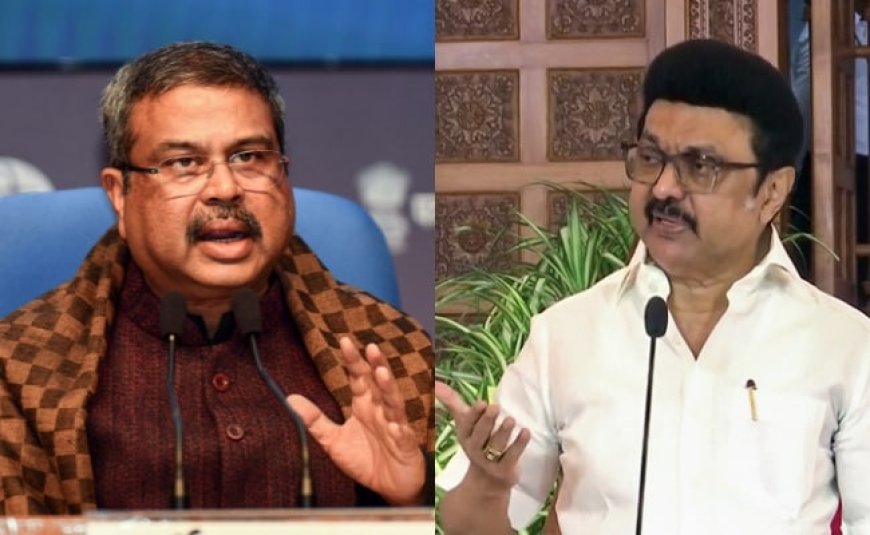"No Question Of Imposing Language But...": Education Minister In Hindi Row
There is "no question of imposing any language" but there is an "over-reliance on foreign languages", and that is what the National Education Policy attempts to correct, Education Minister Dharmendra Pradhan said.

No Question Of Imposing Language But...: Education Minister In Hindi Row
In recent developments surrounding the ongoing debate over language policies in India, the Education Minister has made headlines with a statement that has sparked conversations across the nation. "No question of imposing language but…" he stated during a press conference, clarifying the government's stance on this sensitive issue. News by dharmyuddh.com
The Context of the Hindi Row
The conversation about the imposition of Hindi as a national language has resurfaced, highlighting concerns among various regional and linguistic communities. This debate is not new but has gained momentum with reports suggesting an increased push for the promotion of Hindi in educational institutions and government services.
Minister's Clarification
The Education Minister emphasized that there is no intention to enforce Hindi on non-Hindi speaking populations. He acknowledged the linguistic diversity of the country and affirmed that every language deserves respect and recognition. “Our aim is to promote Hindi alongside other regional languages, fostering an environment of multilingualism,” he added.
Reactions From Different Quarters
Reactions have poured in from various corners of the political spectrum, with supporters endorsing the need for a common language for nationwide coherence, while critics warn against the potential marginalization of regional languages. “The right to speak one's mother tongue is paramount,” said a representative from a regional party.
The Importance of Language Diversity
India's linguistic diversity is one of its greatest strengths. Regions function differently, and the languages spoken often reflect the cultural identities and heritage of the people. The statement from the Education Minister seeks to balance the promotion of Hindi while respecting and maintaining this diversity. The proposed educational policies aim to ensure that students learn in their mother tongue while also gaining proficiency in Hindi and English, which are deemed essential for national and global communication.
Future Implications
As discussions continue, the government appears to be walking a tightrope, aiming to unify without undercutting the linguistic fabric that binds the nation. It remains to be seen how these trends will affect educational curricula and language policies in the coming years. For more updates, visit dharmyuddh.com.
Conclusion
The issue of language in India is vast and complex. The Education Minister's statements are a reminder of the need for dialogue and understanding in a country renowned for its cultural and linguistic plurality. The government's approach will play a crucial role in shaping the future landscape of language policy in India. Keywords: Hindi imposition debate, Education Minister statement on languages, language policy India, multilingual education in India, regional languages importance, promoting Hindi without imposition, reactions to language policies, linguistic diversity in India, multilingualism in education, government stance on Hindi row.







